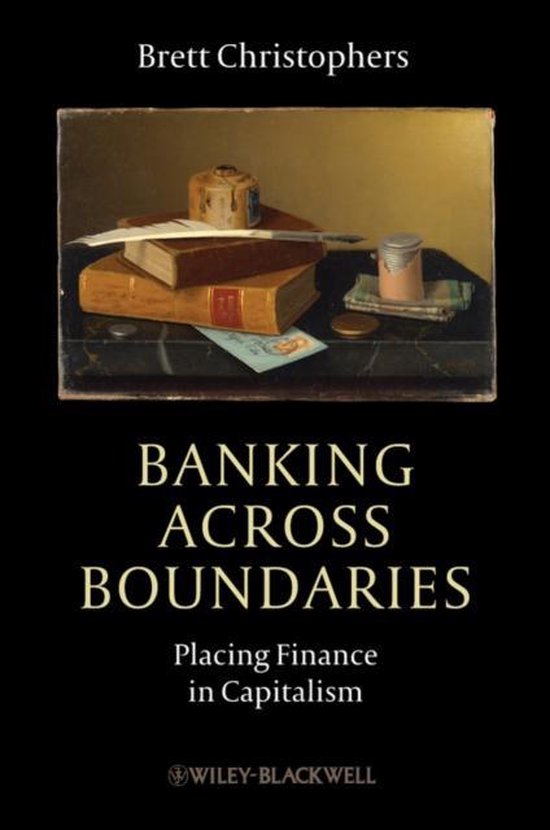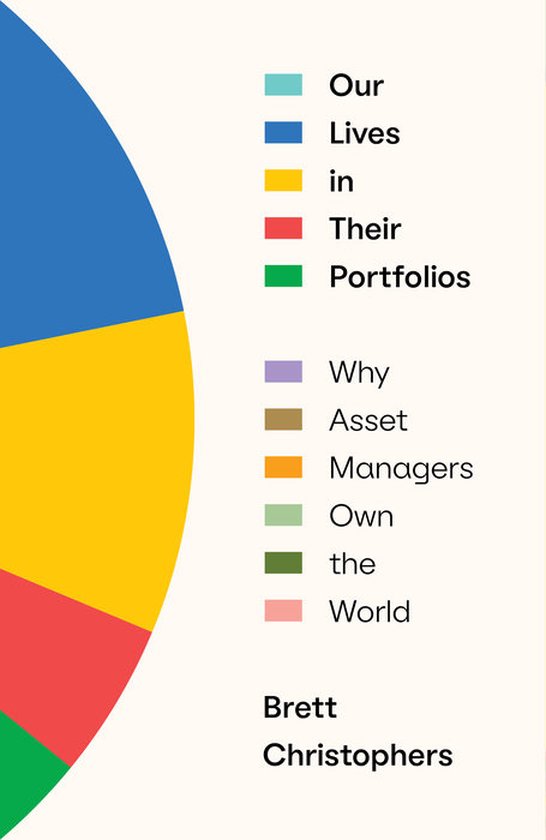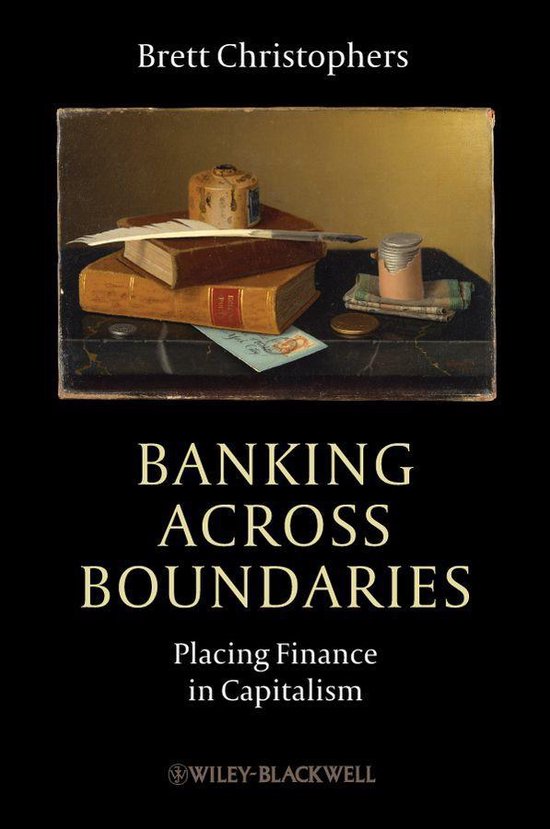
Banking Across Boundaries
Beginning with the assertion that critiques of the banking industry's economic productiveness are manifestations of a problematic duality that imposes socially constructed oppositions between productive and non-productive and 'real' and financial economies, this unique synthesis of theoretical approaches relates two historical narratives. It details the processes by which Western banking has internationalized, and analyzes how representations of the banking sector's 'productiveness', or otherwise, have taken different forms throughout the evolution of Western economic theory, mutating in tandem with the latter's development.
Examining the relationship between these two narratives, the author sheds light on how we, as a society, 'place' banks conceptually; on how banks, as economic institutions, have 'placed' themselves geographically; and on how these two modes of 'placement' have become increasingly intertwined. In the process, the book illuminates not only how economic ideas 'perform' and shape the economic world, but how those ideas are themselves always products of particular economic realities. This original contribution to the perennial debate over the financial services industry will be read with added urgency by scholars spurred on in their analyses by the contemporary financial crisis.
This compelling contribution to contemporary debates about the banking industry offers a unique perspective on its geographical and conceptual 'placement'. It traces the evolving links between the two, revealing how our notions of banking 'productiveness' have evolved alongside the shifting loci of banking activity.
- An original contribution to the urgent debates taking place on banking sparked by the current economic crisis
- Offers a unique perspective on the geographical and social concept of 'placement' of the banking industry
- Combines theoretical approaches from political economy with contemporary literature on the performativity of economics
- Details the globalization of Western banking, and analyzes how representations of the banking sector's productiveness have shifted throughout the evolution of Western economic theory
- Analyzes the social conceptualization of the nature – and value – of the banking industry
- Illuminates not only how economic ideas 'perform' and shape the economic world, but how those ideas are themselves always products of particular economic realities
| Auteur | | Brett Christophers |
| Taal | | Engels |
| Type | | Paperback |
| Categorie | | Wetenschap & Natuur |




